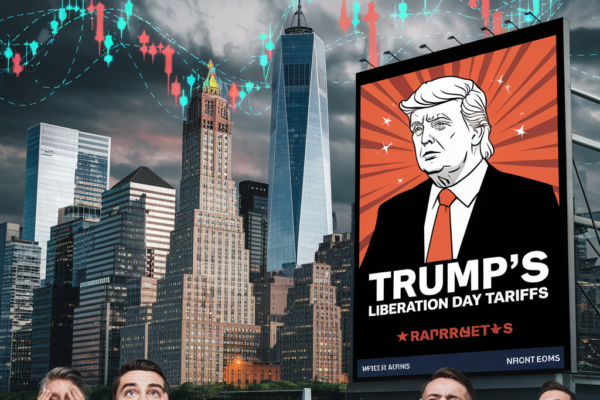Private Equity in the National Football League – Introduction
The National Football League (NFL) is witnessing a paradigm shift in its ownership landscape, with private equity firms increasingly expressing interest in acquiring teams. This trend mirrors the growing involvement of private equity in professional sports franchises across various leagues, driven by the lucrative nature of these assets and their potential for long-term financial gains.
Key Highlights
- Private equity giants like KKR, Blackstone, and Silver Lake Partners have already made significant investments in teams across leagues such as the English Premier League (EPL) and the National Basketball Association (NBA).
- The introduction of private equity ownership in the NFL could fundamentally reshape team dynamics, financial models, and governance structures.
- While private equity firms bring strategic expertise and financial resources, concerns arise regarding the impact on fan experience, team stability, and the potential for debt-driven ownership structures.
Historical Precedents and Lessons Learned
Case studies from other leagues offer valuable insights into the effects of private equity ownership. In the EPL, firms like the Glazer family’s ownership of Manchester United have driven growth and investment but also raised concerns about debt levels. Similarly, the NBA has seen private equity-backed teams prioritize short-term financial gains over long-term stability.
These precedents suggest that while private equity can bring significant investment, careful management is required to avoid compromising the integrity of the game and fan experience. Balancing profitability with the sport’s core values will be crucial as the NFL navigates this transition.
Potential Impacts and Challenges
The introduction of private equity ownership could lead to more aggressive financial strategies, including increased debt levels and stringent cost-cutting measures. This shift in governance and decision-making could affect team strategies, priorities, and the overall fan experience.
Traditional owners and fans may push back against perceived changes in team values and priorities, fearing that private equity firms might prioritize profits over the sport’s integrity and community ties. Additionally, concerns arise regarding the level of financial leverage and debt that private equity firms may bring to team ownership, potentially undermining long-term stability and competitiveness.
Comparative Analysis and Future Outlook
Traditional NFL ownership is characterized by individual investors who often prioritize team loyalty, community involvement, and long-term stability. In contrast, private equity firms bring a more corporate approach, focusing on maximizing returns and optimizing operations.
Recent sales and valuations in the NFL, such as the 2014 sale of the Buffalo Bills to Terry Pegula, indicate a growing interest in team ownership. As economic conditions and investor sentiment continue to evolve, private equity firms are likely to remain key players in the NFL ownership landscape. However, the impact of these factors on team valuations and investor sentiment will be crucial in determining the future role of private equity in the league.
Private Equity in the National Football League – Conclusion and Future Outlook
The NFL stands at the precipice of a new era in ownership, driven by the increasing involvement of private equity firms. While this shift offers potential for significant investment and strategic management, it also raises concerns about the impact on fan experience and team stability. As the





